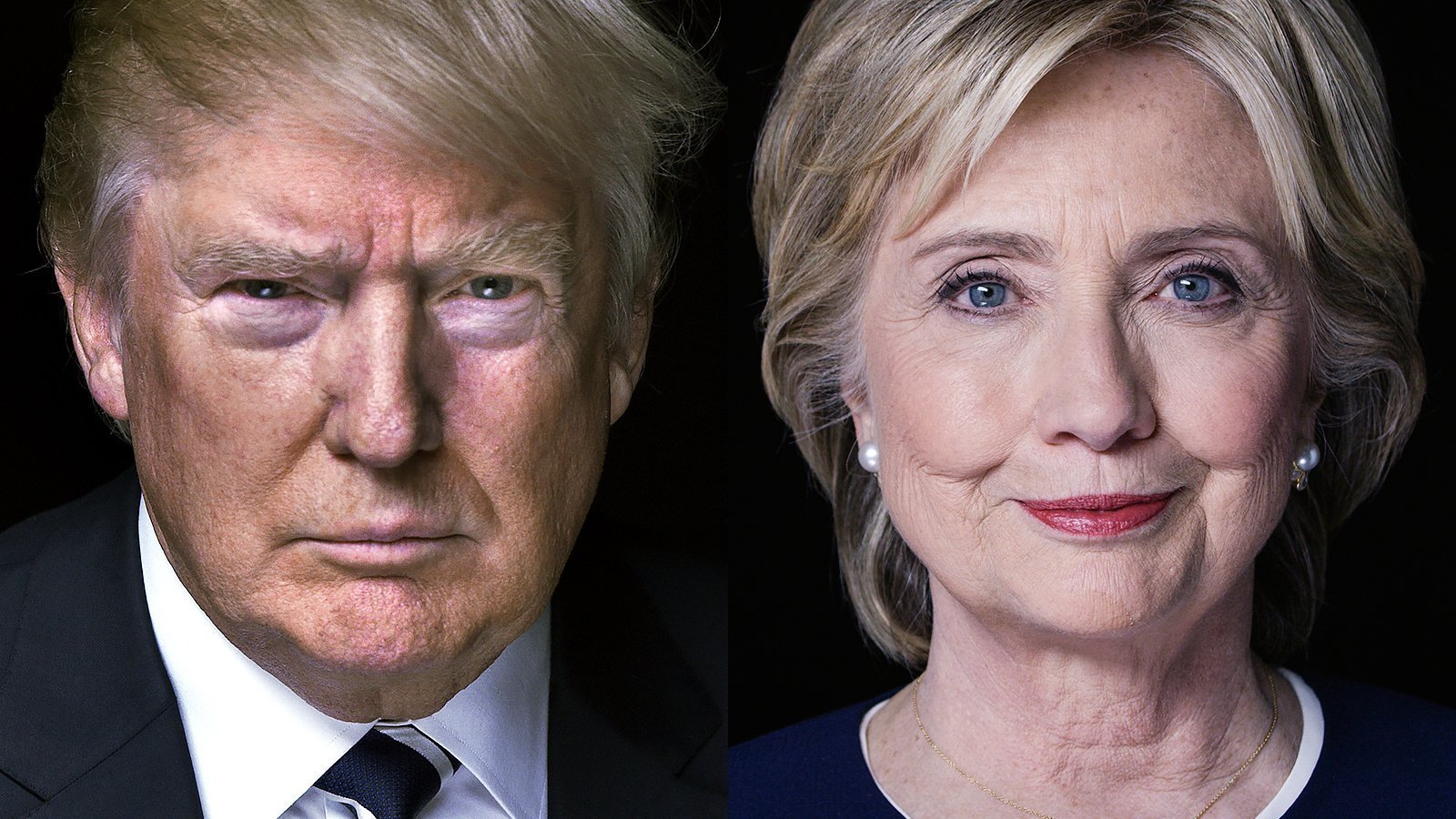The toughest challenges for either candidate were questions surrounding their personal ethics. Though Lester Holt only brought up a few controversies, such as birtherism, tax returns, emails, the candidates should have taken the initiative to bring up each other’s scandals. Clinton effectively addressed each of her opponent’s wrongdoings and Trump spent the whole night taking the bait and playing defense.

The debate of the century is over and like a third world election both sides are claiming victory. We will soon have a better sense of how the debate affected the election when higher quality pollsters will have conducted and published their surveys. From my perspective, Trump missed a massive opportunity to reintroduce himself to the voters as someone they can trust as President. For weeks Republican operatives hinted at a “kinder, gentler” Trump to combat the narrative of their candidate being unstable and unfit to serve as President of the United States. That Trump was nowhere to be found. Clinton, for the most part, sold herself as a generic Democrat with a few populist adaptations (trade, free college). Though Clinton’s performance sounded carefully scripted, she was able to keep the focus on Trump and his controversies.
The start of the debate was tame. Each candidate opened with a calm demeanor trying to show him or herself as presidential. As the night wore on, Clinton’s behavior remained consistent and ultimately true to her personality. She was methodical in her answers and knew how to pivot on tough questions. By contrast, when Trump was unable to answer questions with a similar level of sophistication, he began interrupting Clinton and reverting back to his old mannerisms. This posed major problems during the three major topics that emerged from the debate: the economy, foreign policy, and personal ethics.
After initial remarks were made, Lester Holt shifted the conversation to the economy, a subject on which Trump sorely needed to prove his competence. Instead, Trump seemingly could not, or just plain refused to, delve deeper into real solutions for people’s economics malaise. He stuck to predictable talking points about Mexico and China and repeatedly painted the status quo as dark and dour. This would have been a fine set up to propose a new direction for the country, but Trump lacked concrete plans to alleviate the challenges he mentioned. He clearly had some talking points prepared, but could not use them to build a constructive narrative for his candidacy. Clinton didn’t wow anyone with her conventional liberal policies, but just the fact that she presented a vision at all for the country is better than the non-vision presented by her opponent. Trump lost Round One and the conversation then moved to foreign policy and national security.
The Clinton campaign knew going into the debate that they had an advantage when discussing foreign policy. This was the former Secretary of State facing a man who gets his foreign policy knowledge from “the shows.” The first obstacle Trump faced was Iraq. Lester Holt brought up that Trump had initially supported the war contrary to his statements otherwise. This was a golden opportunity for Trump to explain that he had reluctantly supported the war like many others did post-9/11, but soon came to realize the mess Washington had created. He could have argued Iraq was a prime example of why Americans can no longer trust the political elites, like Hillary Clinton, and why a Trump administration would bring a new way of thinking. He did none of those things. Instead, he yelled about telling Sean Hannity how much he hated Iraq and lied about Clinton’s fighting ISIS her whole life. The man was an undisciplined mess.
If the debates are supposed to a reflection of the campaign crammed into ninety minutes then this first debate was spot on.
The toughest challenges for either candidate were questions surrounding their personal ethics. Though Lester Holt only brought up a few controversies, such as birtherism, tax returns, emails, the candidates should have taken the initiative to bring up each other’s scandals. Clinton effectively addressed each of her opponent’s wrongdoings and Trump spent the whole night taking the bait and playing defense. In addition, Trump missed easy opportunities to turn the fire back onto Clinton. When she brought up cybersecurity and doubted his ability to keep our national secrets safe, Trump should have immediately talked about Clinton’s emails and her terrible management of sensitive information. Trump could have boxed her into a corner, asking whether she was too incompetent or too corrupt as Secretary of State when using a private email server. His bread and butter all throughout the campaign has been the incompetence and corruption of politicians like “Crooked Hillary.” For some reason, he didn’t seize that opportunity; perhaps Clinton got under his skin. Trump was wholly ineffective in prosecuting Hillary Clinton for her checkered past.
If the debates are supposed to a reflection of the campaign crammed into ninety minutes then this first debate was spot on. Clinton was very prepared and would not deviate from her intricately planned performance. She decided to sell herself as nothing special, just the same policies as President Obama with a few adjustments thanks to Bernie Sanders. She flipped her positions on plenty of issues, TPP for example, and pretended as if she had been championing them for years. She gave a barely acceptable answer to questions about her emails and gave what didn’t sound like an apology but may technically have counted as one. In other words, we got what we expected of her. Similarly, Trump was as we all expected him to be and that was the crucial error. He was impulsive when he needed to be controlled and incomprehensible when he needed to be explicit. This was his chance to prove his worthiness to the voters and, in my opinion, he blew it.
